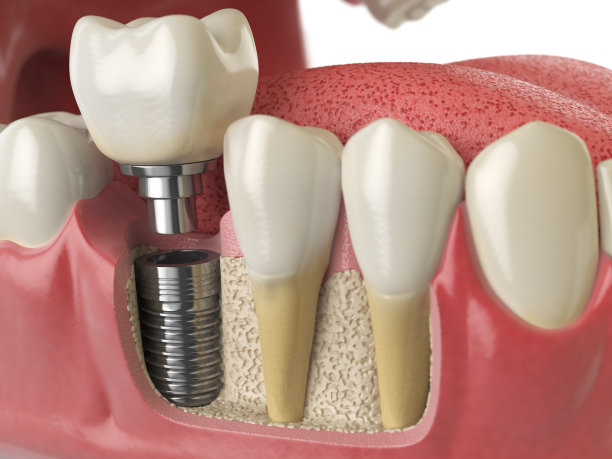Essential Guidelines and Precautions to Consider Before Undergoing Dental Implantation for Optimal Oral Health Outcomes
Summary: Dental implants are a popular option for restoring lost teeth and improving oral health. However, before undergoing the procedure, individuals must acknowledge essential guidelines and precautions to ensure the best outcomes. This article outlines the critical considerations in four main areas: assessing oral health conditions, selecting the right dental professional, understanding the procedure and recovery, and post-implant care. By adhering to these guidelines, patients can optimize the success of their dental implantations, enhancing both aesthetic and functional aspects of their teeth.
1. Assessing Oral Health Conditions

Before considering dental implants, it is crucial to evaluate your overall oral health. Poor oral hygiene, gum disease, and significant tooth decay can derail the implantation process or lead to complications post-surgery. A thorough dental examination, including X-rays, can reveal underlying issues that need to be addressed prior to the procedure.
Potential candidates should also be aware of underlying medical conditions that may affect the healing process and integration of the implants. Conditions like diabetes, heart disease, and autoimmune disorders can hinder recovery, thus necessitating a comprehensive health assessment by a dental professional.
Moreover, individuals should practice good oral hygiene leading up to the procedure. Regular brushing, flossing, and possibly professional cleaning can significantly enhance the success rate of dental implants by preparing a healthy environment for the new implants.
2. Selecting the Right Dental Professional
Choosing an experienced dentist or oral surgeon is a pivotal step in ensuring successful dental implant surgery. Look for professionals who are board-certified and have specialized training in implantology. The complexity of dental implants requires a nuanced understanding of both the surgical and aesthetic aspects.
Moreover, its wise to check reviews and testimonials from previous patients. Positive feedback can indicate a dentists track record and level of expertise, which can greatly influence the outcome of your implant placement.
Its also beneficial to have a consultation to discuss any concerns, ask questions about the procedure, and observe the dental office environment. Comfort and trust in your healthcare provider can significantly alleviate anxiety and contribute to a smoother process.
3. Understanding the Procedure and Recovery
Having a clear understanding of what the dental implant procedure entails is essential for patients. The process generally involves several stages, including tooth extraction (if applicable), bone grafting (if needed), placing the implant, and finally installing the prosthetic tooth. This multi-step nature means that patients should brace for a timeline that may extend from a few months to a year.
Recovery time varies significantly among individuals. It’s essential to recognize that while most people can return to normal activities quickly, some may experience swelling or discomfort. Following your dentists aftercare instructions, including prescribed medications, is crucial to support healing and minimize any complications.
Regular follow-up appointments will help monitor your recovery and the progress of the implants. These visits are integral to ensuring that everything is healing correctly and that the implant is integrating well with the surrounding bone and tissue.
4. Post-implant Care and Maintenance
Post-surgery care plays a vital role in ensuring the longevity and success of dental implants. Proper oral hygiene practices should be maintained, including brushing twice daily, flossing, and using antibacterial mouthwash to keep the implant site clean and free of infection.
Additionally, regular dental check-ups should become a part of your routine, even after the implant is placed. These visits will help in the ongoing assessment of both the implant and overall oral health, catching any potential issues early.
Lastly, its essential to avoid habits that can compromise the integrity of the implants. This includes steering clear of hard foods that can crack the implant and avoiding smoking, which can significantly hinder the healing process and increase the risk of implant failure.
Summary:
In summary, preparing for dental implants involves a detailed assessment of your oral health, careful selection of a skilled dental professional, understanding the complexities of the procedure, and diligent post-operative care. By following these guidelines, you can significantly increase the chances of a successful dental implant experience.
This article is compiled by Vickong Dental and the content is for reference only.



